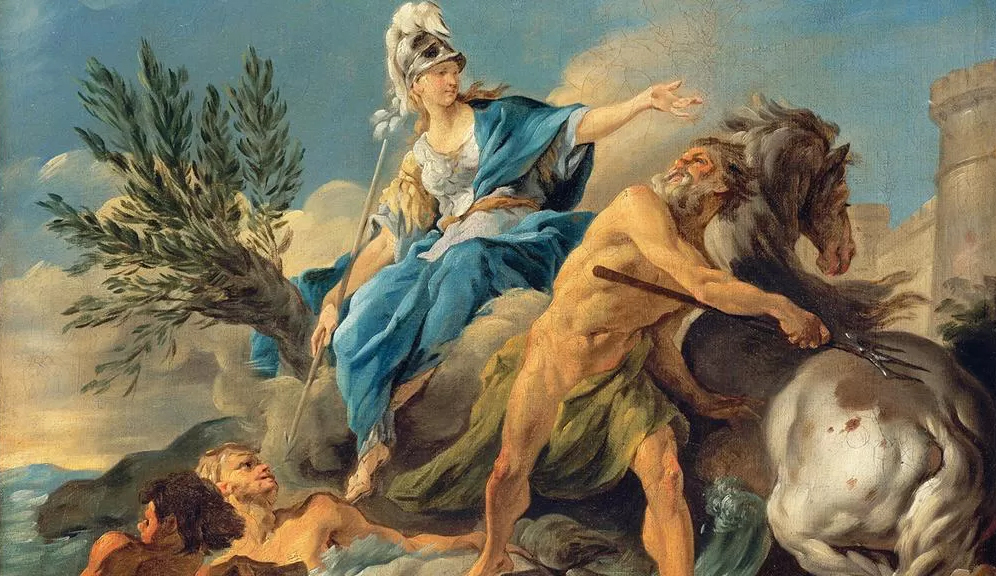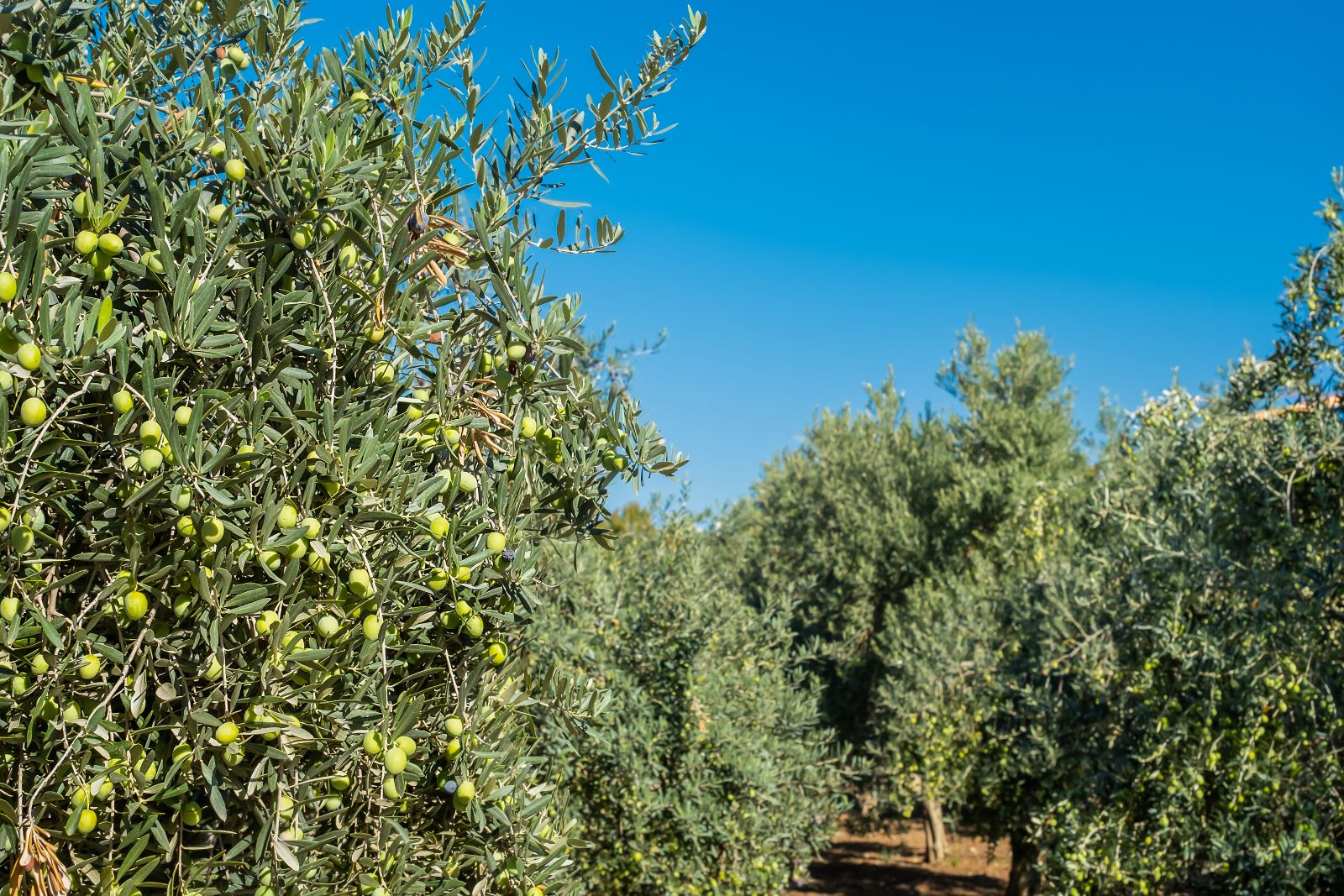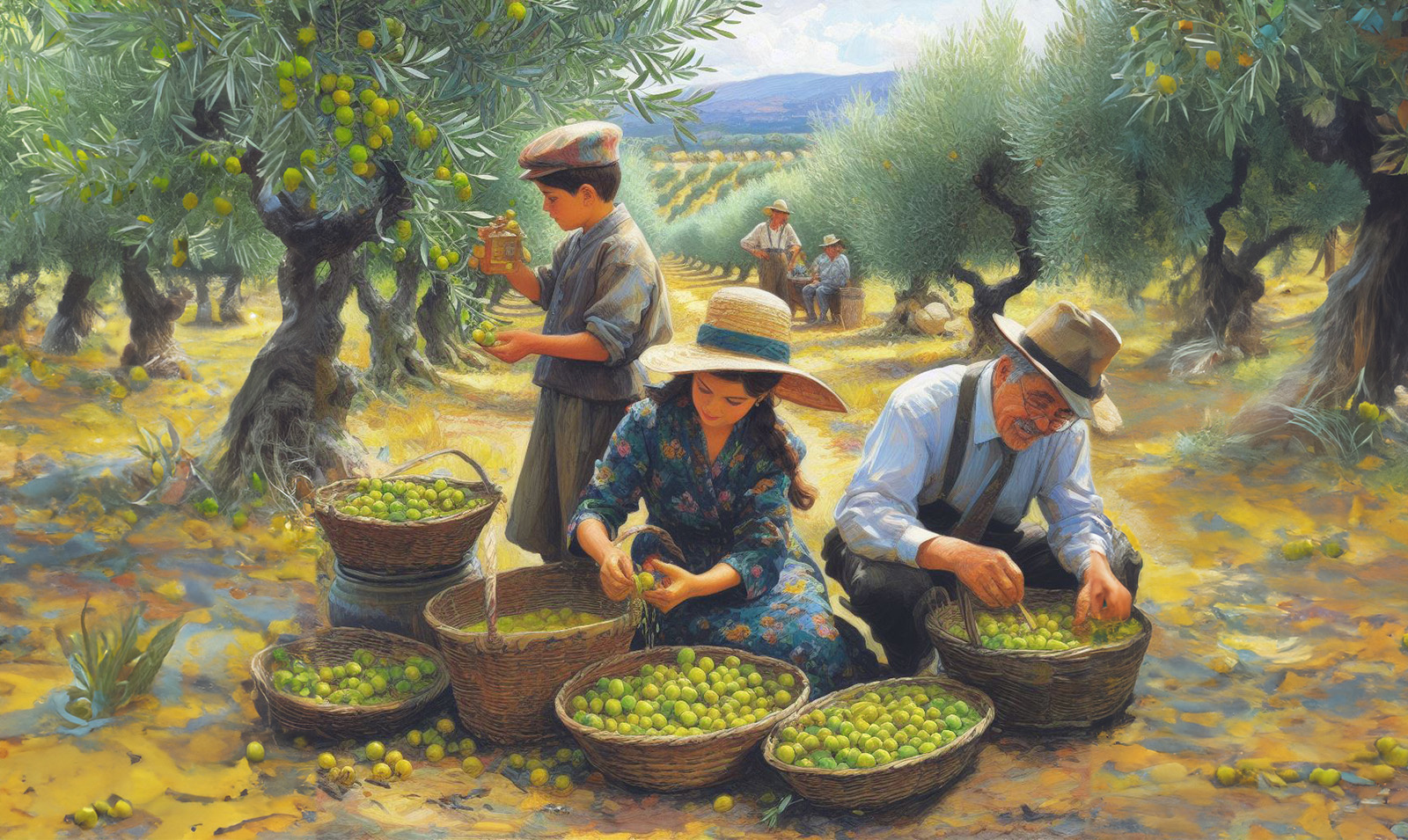
The Mythological Tale of the Olive Tree
Symbol of Peace, Prosperity and Divine Blessings
In the realm of mythology and folklore, the olive tree holds a special place as a symbol of peace, prosperity, and divine blessings. Revered by ancient civilizations, this resilient tree has a captivating mythological story that spans across cultures and epochs. From its origins in Greek mythology to its widespread symbolism in various ancient civilizations, the olive tree embodies both practical and spiritual significance. Join us on a journey through the mythical tales surrounding this remarkable tree, exploring the legends, gods, and heroes associated with it.
The Olive Tree in Greek Mythology
In Greek mythology, the olive tree’s story intertwines with that of Athena, the goddess of wisdom and warfare. Legend has it that during a contest between Poseidon, the god of the sea, and Athena to determine who would be the patron deity of Athens, Poseidon struck a rock with his trident, creating a saltwater spring. In contrast, Athena planted an olive tree on the same spot, symbolizing her gift of wisdom and peace. Impressed by the usefulness of the olive tree and recognizing its significance, the other gods awarded Athena victory, establishing her as the city’s patron goddess. From that moment, the olive tree became a sacred symbol of Athens and a source of prosperity for the city.
Olive Trees in Roman and Mediterranean Cultures
The Romans, deeply influenced by Greek culture, also embraced the olive tree as a symbol of peace and abundance. According to Roman legend, the city of Rome was founded by Romulus and Remus, twin brothers nursed by a she-wolf. In their quest to establish a new city, Romulus consulted the gods for guidance. As a sign of divine approval, he received a message from the gods through birds that led him to an area abundant with olive trees. This auspicious sign was interpreted as a blessing, and the olive tree became a revered symbol of the Roman Empire’s prosperity and peace.
Beyond the realms of Greece and Rome, the olive tree played a pivotal role in various Mediterranean cultures. Ancient Egyptians associated the olive tree with the goddess Isis, representing fertility, wisdom, and healing. In ancient Phoenicia, it was linked to the goddess Astarte, representing love and beauty. The Phoenicians, renowned seafarers and traders, spread olive cultivation across their vast empire, fostering economic growth and cultural exchange.
The Symbolism of the Olive Tree
The olive tree’s significance extends beyond its practical uses, such as providing food, oil, and wood. Its symbolism encompasses concepts like peace, harmony, fertility, and divine blessings. The olive branch is a universally recognized symbol of peace, rooted in ancient Greek culture. It has been used as a symbol of peace in ceremonies, art, and even the modern Olympic Games, emphasizing the pursuit of peaceful competition.
Furthermore, the olive tree embodies the virtue of perseverance and endurance. It thrives in harsh conditions, enduring drought, rocky terrain, and extreme temperatures, often living for centuries. This resilience became a metaphor for strength and survival in challenging times. It symbolizes the ability to overcome adversity and thrive, mirroring the human spirit’s resilience and determination.
In addition to its symbolic representations, the olive tree played a crucial role in ancient Mediterranean societies’ daily lives. Olive oil, derived from the tree’s fruit, served as a valuable commodity and had various uses. It was not only used for cooking but also in religious ceremonies, medicine, cosmetics, and lamp oil. The olive tree’s abundance and versatility contributed to the economic prosperity and cultural development of civilizations across the Mediterranean region.
The mythological story of the olive tree carries a rich tapestry of symbolism and significance throughout history. From the legendary contest between Athena and Poseidon to its association with peace, prosperity, and divine blessings in various ancient civilizations, the olive tree remains a powerful emblem of endurance, fertility, and wisdom. Its influence extends far beyond its practical uses, reminding us of the enduring power of myths and the deep-rooted connection between nature and human culture. The olive tree serves as a testament to the resilience of the human spirit, providing inspiration for generations to come.





